In this article, we will go over Zoning Rules for Using a Triplex as a Duplex in Philadelphia. Most people know that when you want to use a duplex as a triplex, you need to get zoning approvals from the city, but what about vice versa? Using a triplex as a duplex in Philadelphia can seem straightforward at first. Still, there are specific zoning rules and requirements you need to follow.
Understanding these regulations is key whether you’re a property owner, a general contractor, or even a HUD consultant. This article discusses the zoning rules for using a triplex as a duplex in Philadelphia. Let’s get started!
For more information regarding zoning permits, refer to this link: The Differences between Use, Zoning and Building Permits in Philadelphia
Understanding Philadelphia Zoning Basics
Zoning is a system of land use regulation that designates specific areas, or zones, for different types of development and activities, such as residential, commercial, industrial, and mixed-use. These regulations are crucial in shaping the city’s growth and controlling the density, height, and types of buildings permitted in different areas. Philadelphia’s zoning regulations maintain the character and function of neighborhoods while ensuring properties function in ways that benefit the community.
How Philadelphia Categorizes Zoning Areas
Philadelphia’s zoning code divides the city into several categories, each with rules governing construction and function. The main categories include:
- Residential Zoning (R): This category is primarily for housing and is divided into subcategories like RSA (Residential Single-Family Attached) and RM (Residential Multi-Family). These subcategories determine whether a property’s use is a single-family home, duplex, triplex, or larger multi-family dwelling.
- Commercial Zoning (C): This category covers areas intended for business activities, including retail stores, restaurants, offices, and entertainment venues. Like residential zoning, commercial zoning has subcategories that dictate the scale and type of commercial activity permitted..
- Industrial Zoning (I): This category is for manufacturing, warehousing, and other industrial uses. Industrial zones are typically located away from residential areas to minimize the impact of industrial activities on neighborhoods.
- Mixed-Use Zoning (MX): Mixed-use zones allow residential, commercial, and sometimes industrial uses in the same area. These zones are often found in urban neighborhoods where there is a desire to create vibrant, walkable communities.
- Special Purpose Zoning (SP): This category includes areas with unique characteristics that require specific regulations, such as historic districts, waterfront zones, and university areas.
Read more about zoning categories here: Philadelphia Zoning Code Quick Guide
The Importance of Getting Zoning Approvals for Any Change in Building
Whenever you plan to make a significant change to your property, such as converting residential to commercial or, in our case, converting a triplex into a duplex, obtaining the necessary zoning approvals is a critical step. Here’s why:
- Legal Compliance: Zoning approvals ensure that your property changes are legally compliant with the city’s regulations. Without these approvals, you risk fines, legal disputes, and complications when selling the property in the future.
- Avoiding Costly Mistakes: Failing to secure the proper zoning approvals before making changes to your property can lead to costly mistakes. For example, suppose you convert a triplex into a duplex without the necessary approvals. In that case, you may be required to undo the changes or face penalties.
- Ensuring Proper Use of the Property: Zoning approvals confirm that the proposed use of the property aligns with the city’s zoning code. This approval is particularly important when converting a property, as the city needs to ensure that the new use fits within the designated zoning category.
- Community Impact: Zoning approvals consider the broader impact of property changes on the surrounding community. By following the proper approval process, you contribute to the overall well-being of the neighborhood, ensuring that development aligns with community standards and expectations.
Using a Triplex as a Duplex in Philadelphia
Now, let’s discuss the central issue. Our client wanted to transform their triplex into a duplex. Here are the results of our research.
When using a triplex as a duplex in Philadelphia, it is essential to understand the difference between the building’s construction and its intended use. The city’s Department of Licenses and Inspections (L&I) provides clear guidelines to help you navigate this process.
Option 1: Keeping the Triplex Structure but Limiting Use to Two Units
One approach for property owners who wish to use their triplex as a duplex is to keep the structure as a triplex while only utilizing two of the three units. If you choose this route, there are a few requirements you must meet:
- Zoning Approval for Three Dwelling Units: Regardless of how many units you plan to actively use, the city will require that the property be zoned as a triplex. This scenario means obtaining zoning approval for three dwelling units, even if you intend to use only two.
- Certificate of Occupancy for Three Dwelling Units: In addition to zoning approval, you’ll need to obtain a Certificate of Occupancy reflecting the property’s status as a triplex.
- Rental License for Three Units: Lastly, you must have a rental license for all three units, even if you don’t plan on renting out all three. The city requires that any property with rental units be licensed appropriately.
So, in this case, you maintain the triplex structure legally while limiting your use to two units. Thus, you don’t need to get approvals for two dwelling units. This approach offers flexibility, allowing you to rent two units while keeping the third for personal use or another purpose. However, it’s important to note that the third unit must remain as it is, and the city will still recognize the property as a triplex.
Option 2: Converting the Triplex into a Duplex
The process is slightly different if you want to remodel the building to become a true duplex rather than a triplex. Many people think they don’t need approvals because they are downsizing, but this is NOT true! Converting a triplex into a duplex requires approvals for two dwelling units.
- Zoning Approval for Two Dwelling Units: When converting a triplex into a duplex, you must seek zoning approval for two dwelling units instead of three. This step involves adjusting the property’s zoning status to match its new configuration.
- Certificate of Occupancy for Two Dwelling Units: After obtaining zoning approval, you’ll need a new Certificate of Occupancy that reflects the property as a duplex. This document is essential for legally recognizing the building’s new structure.
- Rental License for Two Units: You’ll need to update your rental license to reflect the change from three units to two. This change ensures that your property complies with city rental property regulations.
It’s important to remember that a building cannot remain built as a triplex while being officially recognized by the city as a duplex. The city requires that the physical structure and its legal recognition align.
Considerations and Professional Guidance
Navigating zoning regulations can be complex, and each property may present unique challenges. The explanation above was relevant to a unique circumstance we faced on our project. If you intend to modify the zoning of your property, consulting a professional is strongly recommended. An architect, zoning attorney, or experienced contractor can help ensure that your plans comply with the city’s requirements and that you avoid any potential pitfalls.
Moreover, you need to understand that the information provided by L&I represents a general interpretation of zoning policies and is subject to change. Regulations may vary depending on the specific details of your project, and the city may offer alternative methods for achieving compliance. Keeping open lines of communication with L&I and other professionals involved in your project is vital for staying informed and making well-informed decisions.
Conclusion
Using a triplex as a duplex in Philadelphia involves careful consideration of zoning rules and requirements. Whether you maintain the triplex structure while limiting your use to two units or convert the building into a duplex, it’s essential to follow the city’s regulations closely. By obtaining the necessary zoning approvals, certificates of occupancy, and rental licenses, you can navigate this process smoothly and make informed decisions that align with your goals.
Remember that zoning regulations can be complex, and seeking professional guidance is always wise. At Matrix Construction, we handle all permit processes in addition to renovations. For all renovation and construction projects in Philadelphia and South Jersey, contact us for a FREE Consultation.

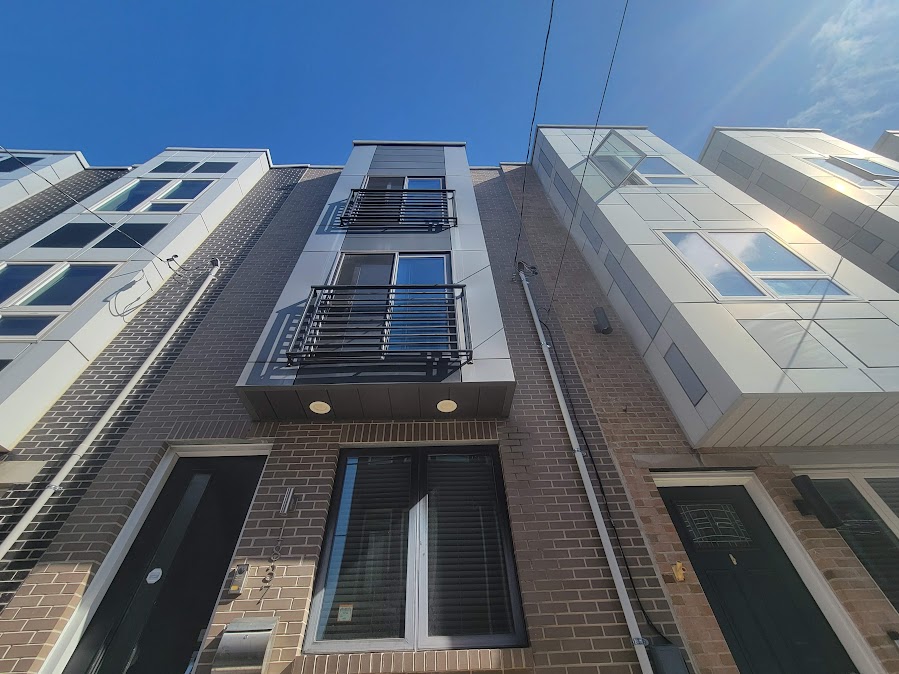


![Top 20 Reasons for Failing a Plumbing Inspection in Philadelphia [2025 Guide]](https://matrixgc.com/wp-content/uploads/2025/05/Common-issues-causing-failing-a-plumbing-inspection-in-Philadelphia.png)
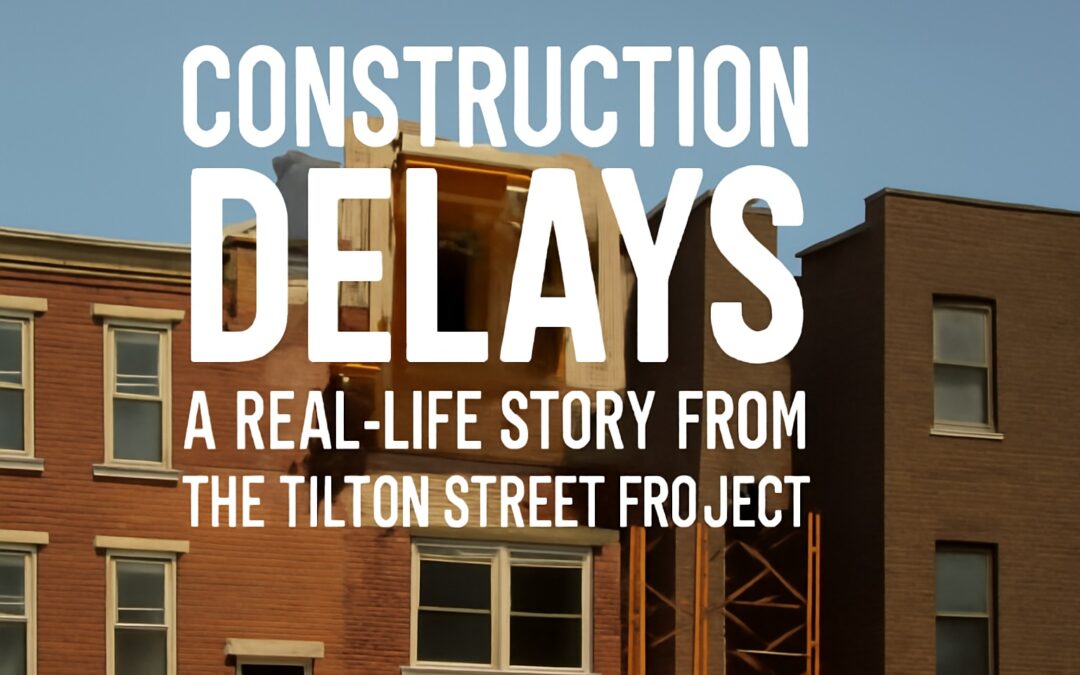
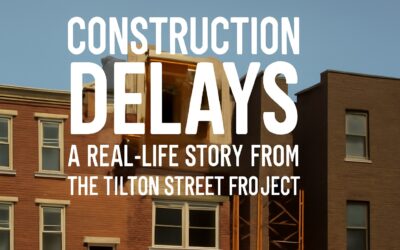
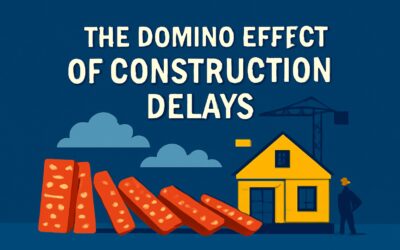
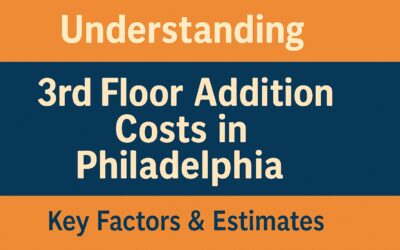
0 Comments